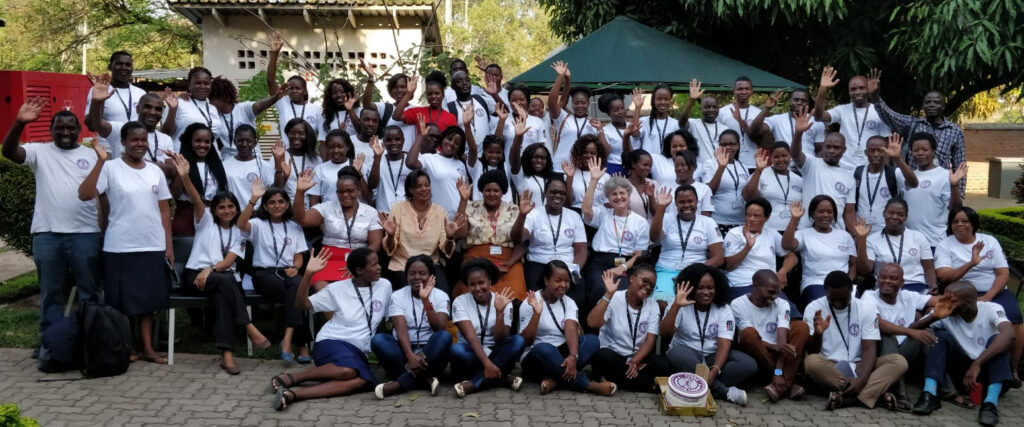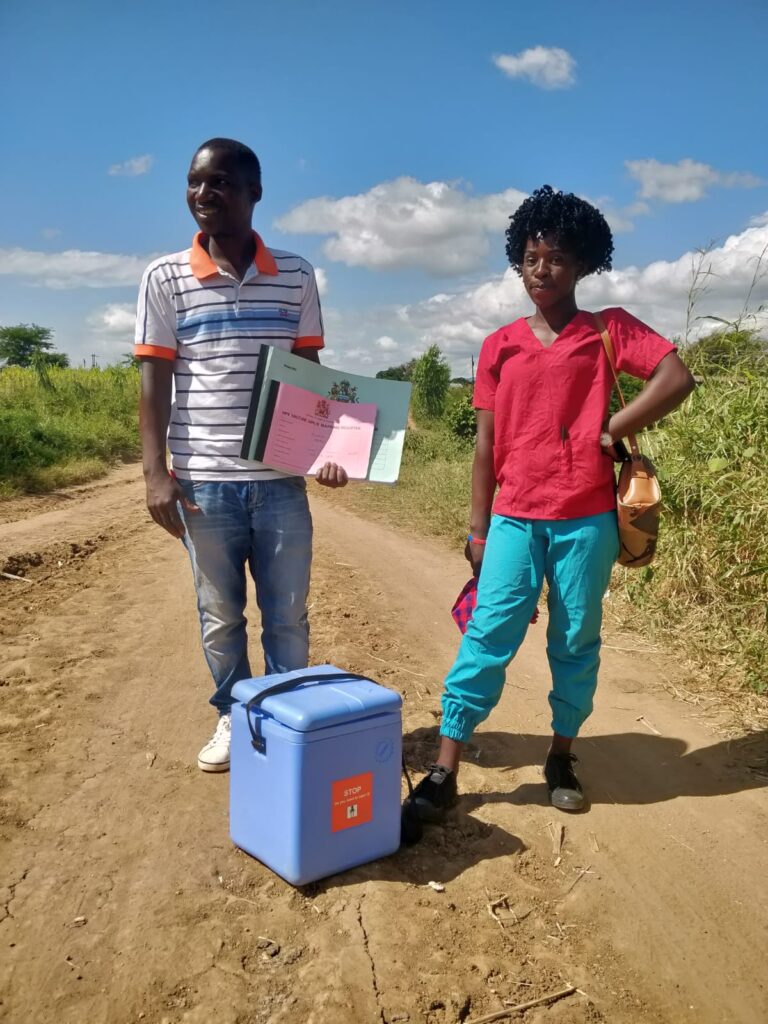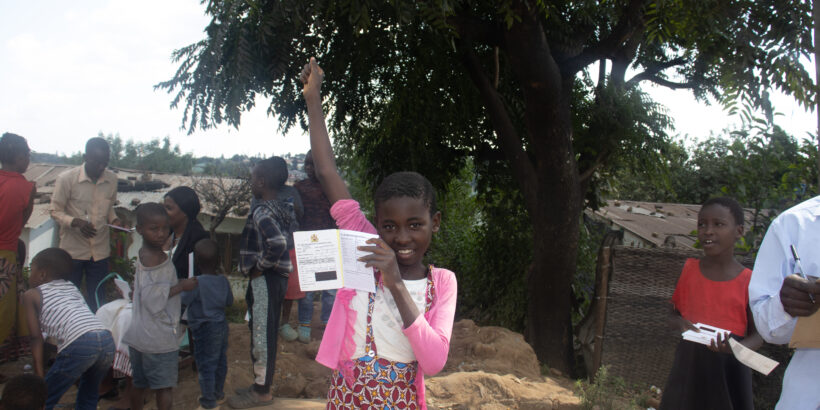Vaccines are an instrumental and cost-effective way to prevent infectious diseases—such as typhoid, which continues to pose a significant threat in low- and middle-income countries. Too many children, who are the most vulnerable, die annually from this vaccine-preventable disease. The economic impact of typhoid is substantial, affecting both families and communities. In Malawi, 44% of households incur catastrophic costs when a family member has typhoid.
A new dawn in disease prevention
Typhoid has long plagued Malawi. Our journey began in 2012, when we noticed an upsurge in multidrug-resistant (MDR) typhoid in Blantyre, Malawi. We established a surveillance platform, documented the high burden of disease, and shared the information with the Ministry of Health. In 2018, we vaccinated thousands of children in Ndirande and Zingwangwa using the World Health Organization-prequalified typhoid conjugate vaccine (TCV). We worked closely with local ethics and regulatory bodies to ensure proper oversight of the study. After vaccination, we followed the children for 4 years to monitor and record typhoid cases. As the lead study clinician, working on a typhoid vaccine study in Malawi was not without its challenges. However, the team was undaunted and relentless in their determination to complete the study and provide crucial data to inform policy decisions.
Our data from Malawi show TCV has an excellent safety profile and is immunogenic, with clinical efficacy of 80%— for over 4 years. A single dose of TCV can prevent typhoid in children aged 9 months to12 years.

From theory to reality
After about 2 years of follow-up, we reported a single dose of TCV was efficacious. Policymakers in Malawi used these data to support the Gavi application. It is exciting to see over 10 years of work come to fruition. We are thrilled that the Malawi government launched a national campaign this week to vaccinate all children 9 months to younger than 15 years of age against typhoid.
The national campaign in Malawi is a testament to the hard work and dedication of many researchers, healthcare workers, and policymakers who have worked tirelessly together to combat typhoid in Malawi. The information sharing and discussions at every stage are reminders of the importance of partnership in shaping public health policy.

Malawi’s integrated TCV, measles-rubella, and oral polio vaccines, and vitamin A supplementation introduction campaign is a major milestone in the fight against typhoid and other childhood diseases. This breakthrough could not have come at a more critical time; the country is grappling with the COVID-19 pandemic, cholera and polio outbreaks, MDR, and the aftermath of Cyclone Freddy. The national campaign is an exciting development that has the potential to save countless lives and improve the health of millions of people in Malawi. We will continue to work with local health authorities to gather data and assess the impact of the campaign on typhoid incidence in Malawi. We hope the campaign will be a great success and serve as a model for other typhoid-endemic countries globally.
I am really proud to be a researcher in this monumental partnership and achievement. And I look forward to the impact this campaign will have on the health of Malawians and beyond. I am also pleased and honored to be part of this partnership with the Ministry of Health and other important stakeholders to take on typhoid and pave the way for future work.
Cover photo: A girl holds up her vaccination card after receiving TCV in Zingwangwa, Malawi, during the introduction campaign. MLW/Pauline Mlogeni



